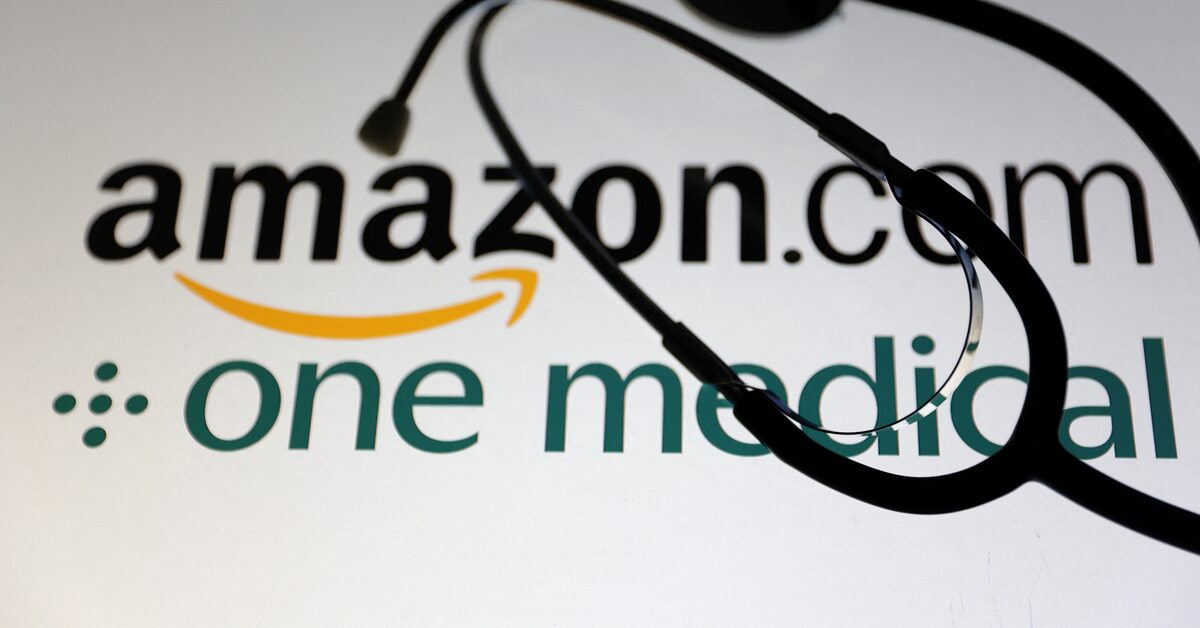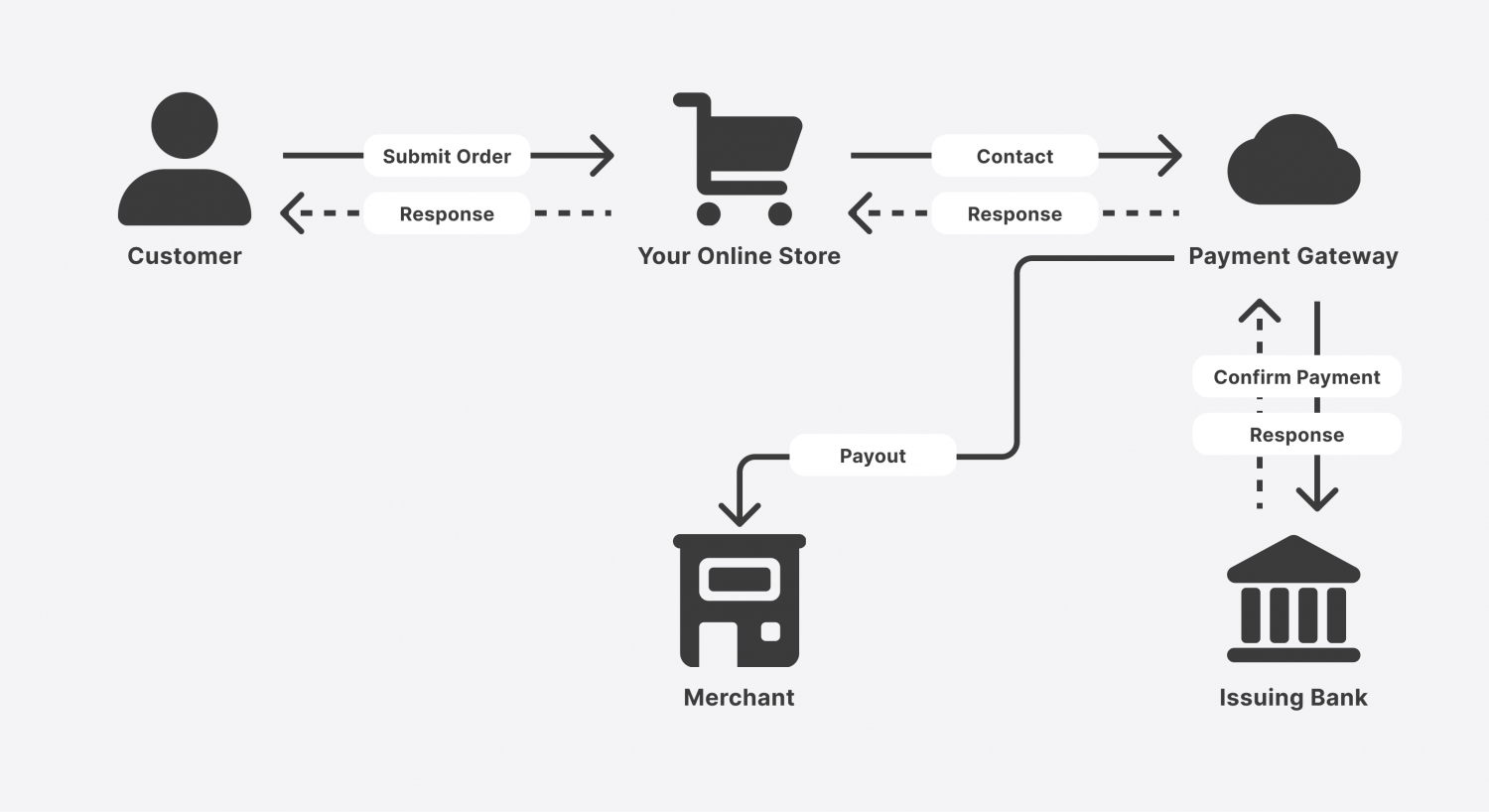Amazon HealthTech Acquisition Marks New Era in Digital Healthcare
Amazon has officially finalized its $8 billion HealthTech acquisition, signaling a bold expansion into digital healthcare services. This strategic purchase strengthens Amazon’s foothold in the medical technology space and sets the stage for future disruption in how healthcare gets delivered.
The HealthTech startup—renowned for its wearable tech and remote patient monitoring—now becomes a central part of Amazon Health. With this acquisition, Amazon plans to deliver personalized healthcare at scale, leveraging the startup’s technology across its Prime ecosystem.
Strategic Vision Behind Amazon’s HealthTech Expansion
The Amazon HealthTech acquisition isn’t just a high-ticket merger—it’s a pivot. Amazon is transforming into a healthcare innovator, blending AI, logistics, and consumer tech. Executives believe the move will allow the company to offer preventive care, diagnostics, and real-time tracking services for millions of users.
Market analysts at Morgan Stanley predict the deal will pressure traditional healthcare systems to modernize. Amazon, with its infrastructure and scale, brings disruptive potential to a sector long plagued by inefficiencies.
Internal Restructuring to Prioritize HealthTech Integration
Following the Amazon HealthTech acquisition, the company has launched a full-scale integration. Over 1,200 employees from the acquired startup will join Amazon’s health division. The startup’s CEO has already stepped into a leadership role as Amazon Health’s Chief Innovation Officer.
Amazon will sunset overlapping health tech projects and redirect resources to accelerate the deployment of co-branded services. Reports indicate a new Alexa-enabled symptom tracker and virtual care platform will launch by mid-2026.
Google’s AI Acquisition Faces Global Antitrust Challenges
While Amazon’s deal proceeds smoothly, Google faces intense regulatory scrutiny. Its $3.7 billion acquisition of a cutting-edge AI company has raised alarms across U.S. and EU competition bodies.
Unlike the Amazon HealthTech acquisition, which regulators approved swiftly, Google’s AI purchase may get delayed. Concerns center around monopolization of core AI infrastructure and algorithms—particularly those with medical applications.
Regulatory Warnings and Policy Pushback
FTC Chair Lina Khan criticized the consolidation of cloud, data, and AI research under one entity. She warned that deals like Google’s could slow innovation. Similarly, the EU’s Margrethe Vestager emphasized the need for “open and competitive” AI development.
Unless Google proposes remedies, the European Commission may launch a formal investigation in the coming weeks.
Business Mergers in 2025 Focus on Platform Control
Both the Amazon HealthTech acquisition and Google’s AI deal reflect a broader strategy among tech giants: controlling ecosystems rather than merely acquiring market share. Amazon wants end-to-end healthcare control—from devices to diagnosis. Google, meanwhile, pursues dominance in foundational AI.
These deals reveal a strategic shift from short-term gains to long-term platform investment.
Takeovers Reshape Competitive Tech Landscapes
Amazon’s aggressive move into healthcare will likely push Apple, Microsoft, and others to speed up their own health tech rollouts. Telemedicine and insurance startups may see a wave of M&A interest as legacy players scramble to stay competitive.
In the AI world, Google’s acquisition could trigger reactions from Microsoft, Meta, or OpenAI. As regulators tighten oversight, future tech takeovers may face stricter requirements and longer approval times.
Stock Market Reacts Differently to Amazon and Google Moves
Investor reactions to the two deals diverged sharply. Amazon’s stock rose nearly 5% following its HealthTech acquisition, with analysts praising the move as both visionary and scalable.
In contrast, Google’s shares slipped nearly 2% amid regulatory concerns. While long-term benefits remain possible, short-term uncertainty has dampened enthusiasm.
What’s Next for Big Tech in Healthcare and AI?
Amazon’s HealthTech acquisition sets a new standard for vertical integration in digital health. With Alexa-enabled diagnostics, data-driven treatment plans, and wearable-powered health dashboards, Amazon is betting on a tech-first future in medicine.
Google, however, must wait. Regulatory challenges may force the company to delay integration or even divest parts of the acquired business.
Either way, these moves underscore how platform wars—now focused on healthcare and AI—are shaping the next decade of competition.



